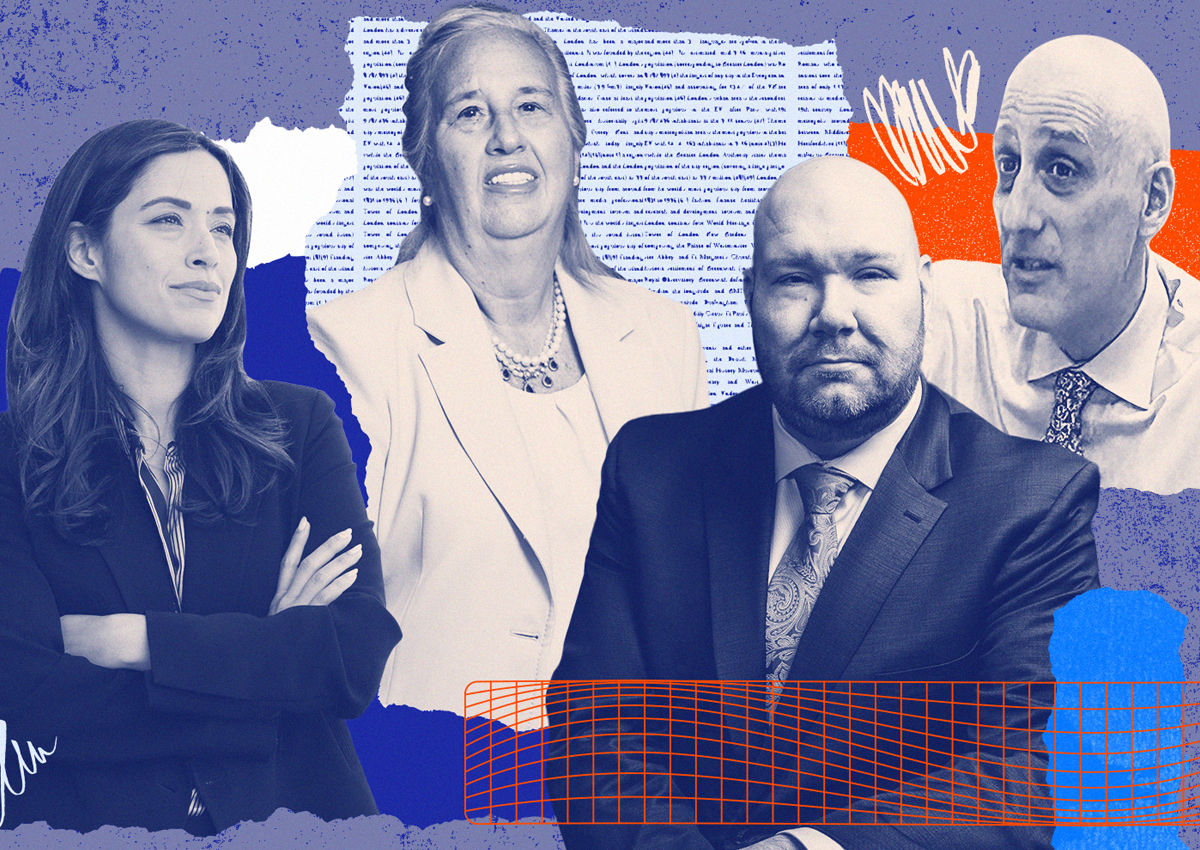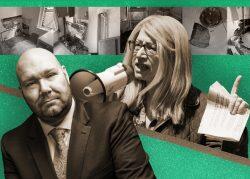City Council members passed a bill Wednesday to give themselves a window into New York’s vacant apartment problem.
The measure triggers an inspection if a tenant complains about an empty unit, provides a way to track vacancies and ensures “that landlords are keeping unoccupied units in good repair,” bill sponsor Carlina Rivera tweeted.
But landlords say it offers no fix, just fines, and won’t reveal the scope of the problem.
“This bill is not only ineffective, it’s rather embarrassing lawmakers know so little about how housing already works,” tweeted Jay Martin, executive director of the Community Housing Improvement Program.
Council member Gale Brewer, who co-sponsored the bill, said this summer that it would “get at the data issue.”
“I hear about warehoused apartments all the time but I don’t know how many there are,” she told The Real Deal, using a term landlords reject because it implies vacancies are intentional.
Estimates of the number of vacant rent-stabilized units have varied widely. Martin’s group first pegged the tally at 20,000. State data showed 61,000 vacancies in 2021, then 42,000 in 2022. And the city counted 43,000 empty units in May 2022.
Martin said the new legislation is redundant.
“Owners report to DOF, HPD and HCR already,” he said, referring to the city’s Department of Finance and Housing Preservation and Development, and the state agency Homes and Community Renewal.
Any data the new law generates will be piecemeal by comparison.
The legislation, which Mayor Eric Adams has yet to sign, requires HPD to contact landlords of buildings in which a tenant has complained of hazardous conditions in a vacant unit. The owner then has 21 days to schedule an inspection with the city’s housing department.
The inspections offer a line of sight into vacancies, but only the ones reported.
In the meantime, owners struggling to maintain buildings and in some cases to keep them above water could be on the hook for fines, which would only worsen their woes.
If HPD, upon inspection, finds a hazardous violation, the owner would need to schedule a second check to show the issue had been cured. If violations persist, they would face fines of up to $1,200 per day, according to the HPD’s website.
“Those units need money, not violations,” Martin said.
Because the state in 2019 blocked landlords from raising rents more than a small amount, owners claim they can’t justify making the extensive repairs often needed when a longtime tenant leaves a rent-stabilized unit. So the apartment gets mothballed.
Rivera said “there is no justification for keeping vacant units in disrepair,” adding that an owner’s failure to maintain units or decision to hold them vacant is a “classic harassment strategy used by landlords to displace people.”
CHIP has been fighting to change the law. But its hopes for a suit it filed with the Rent Stabilization Association challenging the law were dashed in October when the Supreme Court declined to hear the case.
At the same time, CHIP has pursued legislative change. It prompted state lawmakers to introduce a bill that would let owners raise rents after renovating units following long-term tenancies. But the bill has failed to gain traction.
This article has been updated to include a comment from Council member Carlina Rivera.
Read more



